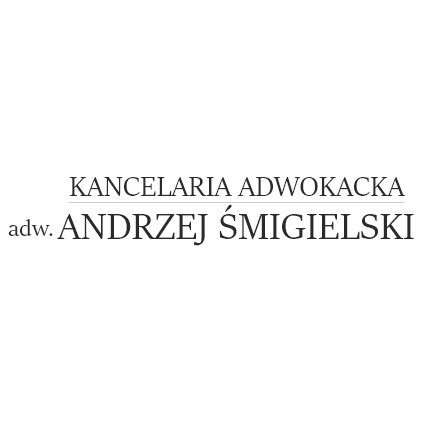Best Debt & Collection Lawyers in Lodz
Share your needs with us, get contacted by law firms.
Free. Takes 2 min.
List of the best lawyers in Lodz, Poland
About Debt & Collection Law in Lodz, Poland
Poland has specific laws in place to protect both creditors and debtors in regard to debt and collections. These regulations play a substantial role in financial or loan-related transactions, and particularly, when a debtor fails to make agreed payments. Debt collection in Poland occurs in three stages: amicable, court and enforcement. The amicable phase involves communication between the debtor and the creditor to resolve the matter without legal proceedings. If it fails, court proceedings may initiate and if the debtor continues to default even after the court verdict, then the enforcement phase by a bailiff takes place.
Why You May Need a Lawyer
Legal help may be necessary for situations where a debt has been wrongfully claimed, or the debtor is unable to make payments due to financial hardship. A lawyer can offer various solutions, protecting your interests in court if necessary. Also, creditors sometimes hire lawyers to ensure effective debt recovery. The involvement of a lawyer can confirm the legality of the collection methods, protect the rights of the creditor, and possibly improve the chances of successful recovery.
Local Laws Overview
Debt collection in Poland is governed by the Civil Law (Kodeks cywilny) and Penal Law (Kodeks karny). Notably, there's the “protection period”- a window of two months from when a debtor declares inability to pay when creditors cannot file for bankruptcy of the debtor. If creditors breach this, they can be held liable for damages. A crucial principle is the prohibition on abusive clauses, where in case of doubt, ambiguous terms are interpreted in favor of the debtor. Also, potential harassment or violation of personal rights during the collection process can be pursued under Penal Law with legal consequences.
Frequently Asked Questions
1. What if I can't afford to pay my debt?
If you're unable to pay your debt, a lawyer may help you negotiate with creditors, adjust your payment scheme, or declare bankruptcy as a last resort. Polish law offers protection to debtors experiencing financial hardship.
2. What actions can a creditor legally take to collect a debt?
Creditors in Poland can legally make claims for their debt, initiate court proceedings, and upon securing a court order, engage a bailiff for enforcement. They're however obligated to respect the debtor’s personal rights and dignity throughout this process.
3. How long does a creditor have to collect a debt?
The general limitation period in Poland is six years. However, it could be shorter or longer, depending on the nature of the claim.
4. Can a debt be negotiated?
Yes, it's quite common for debt to be renegotiated, either for lower monthly payments or a reduced total debt amount, especially in the amicable phase.
5. What constitutes creditor harassment?
A creditor who threatens, intimidates, uses obscene language, makes false statements about the debt or debtor's status, or excessively disturbs the debtor can be deemed to be involved in harassment.
Additional Resources
The Office of Competition and Consumer Protection (UOKiK) in Poland oversees regulations to protect consumers from unfair market practices, including debt collection. The Financial Ombudsman assists in resolving disputes between consumers and finance companies and can be a useful resource for debtors.
Next Steps
If you need legal assistance related to debt and collection in Lodz, Poland, consider seeking advice from a lawyer specializing in this field. Familiarize yourself with the Polish law on debt collection, know your rights and responsibilities as a debtor or creditor, and be prepared for possible legal proceedings.
Lawzana helps you find the best lawyers and law firms in Lodz through a curated and pre-screened list of qualified legal professionals. Our platform offers rankings and detailed profiles of attorneys and law firms, allowing you to compare based on practice areas, including Debt & Collection, experience, and client feedback.
Each profile includes a description of the firm's areas of practice, client reviews, team members and partners, year of establishment, spoken languages, office locations, contact information, social media presence, and any published articles or resources. Most firms on our platform speak English and are experienced in both local and international legal matters.
Get a quote from top-rated law firms in Lodz, Poland — quickly, securely, and without unnecessary hassle.
Disclaimer:
The information provided on this page is for general informational purposes only and does not constitute legal advice. While we strive to ensure the accuracy and relevance of the content, legal information may change over time, and interpretations of the law can vary. You should always consult with a qualified legal professional for advice specific to your situation.
We disclaim all liability for actions taken or not taken based on the content of this page. If you believe any information is incorrect or outdated, please contact us, and we will review and update it where appropriate.












